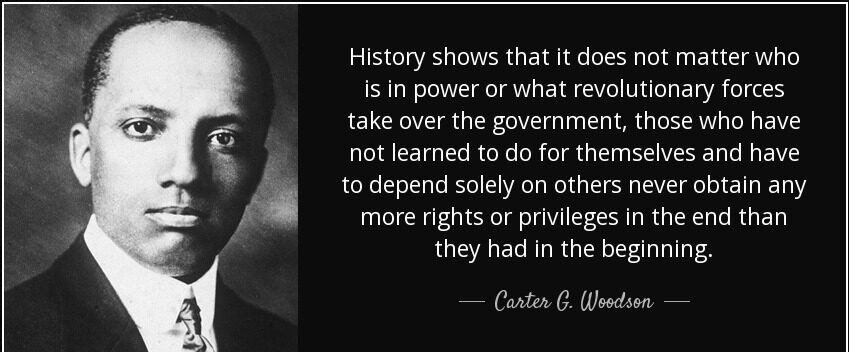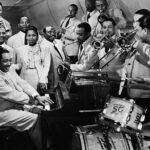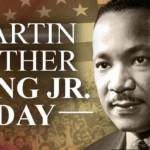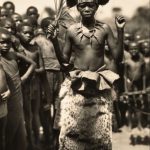Carter G. Woodson, a luminary in the realm of African American history and education, left behind a legacy resonating through powerful words that continue to inspire and ignite change. Here are some enduring quotes by this visionary leader:
- “If a race has no history, it has no worthwhile tradition, it becomes a negligible factor in the thought of the world, and it stands in danger of being exterminated.”
Woodson’s words echo the profound significance of acknowledging and celebrating the history and traditions of a community. History forms the bedrock of tradition, identity, and resilience, essential for a race’s visibility and survival.
- “Those who have no record of what their forebears have accomplished lose the inspiration which comes from the teaching of biography and history.”
In this quote, Woodson emphasizes the importance of recognizing the achievements of ancestors, highlighting how understanding their struggles and triumphs can be a wellspring of inspiration and motivation for future generations.
- “The mere imparting of information is not education. Above all things, the effort must result in making a man think and do for himself.”
Woodson’s perspective on education transcends rote learning, emphasizing the crucial aspect of critical thinking and empowerment. True education should foster independent thought and action.
- “The thought of the inferiority of the Negro is drilled into him in almost every class he enters and in almost every book he studies.”
This quote encapsulates Woodson’s critique of the systemic biases ingrained in educational systems, shedding light on the pervasive nature of racial prejudices in shaping perceptions and opportunities.
- “When you control a man’s thinking you do not have to worry about his actions…”
Woodson astutely points out the danger of controlling thoughts, highlighting how subjugation of a person’s mind leads to compliance and perpetuates unjust social structures.
Carter G. Woodson’s words reverberate with a commitment to education, the recognition of history’s importance, and the urgent need to challenge ingrained prejudices. His legacy remains a guiding force, urging us to strive for a more equitable and informed society.





